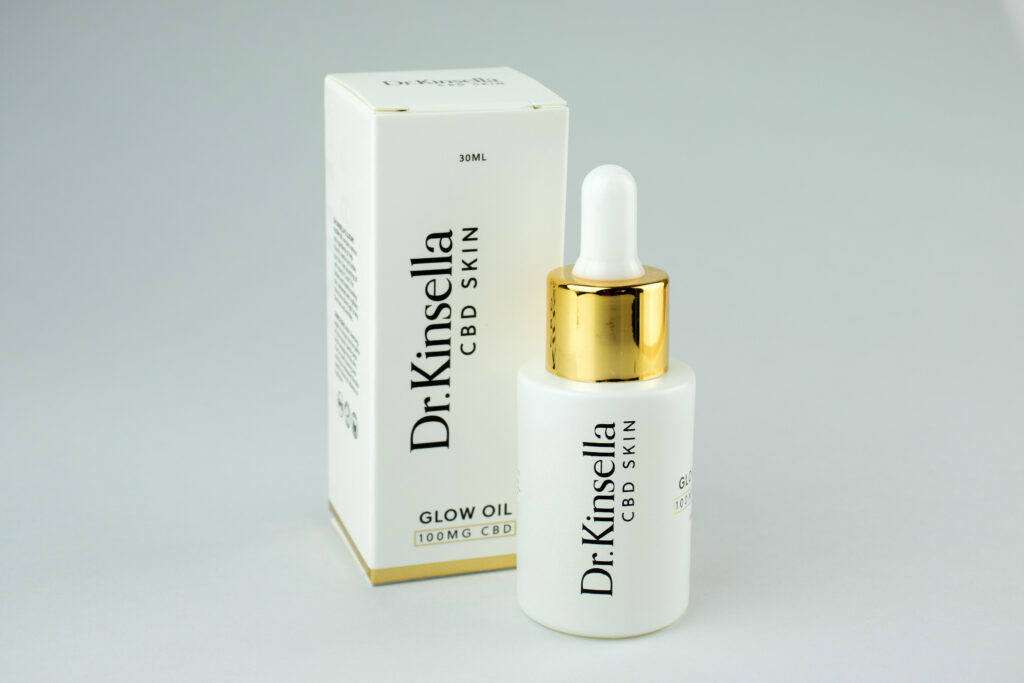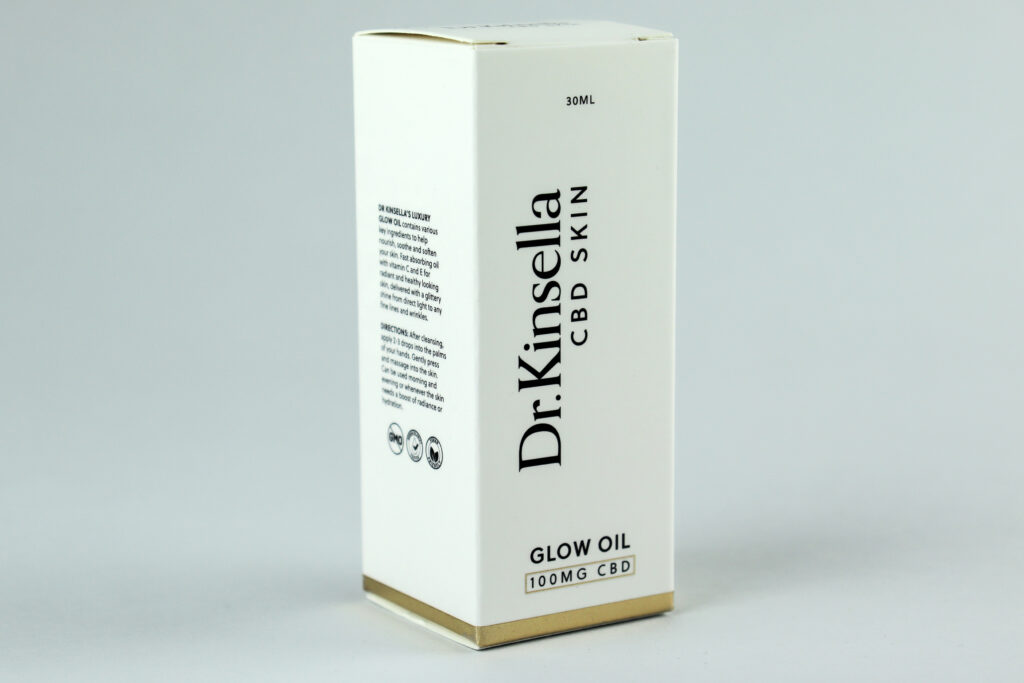GLOW OIL
FACE CREAM
EYE SERUM
Top Reasons To Add Rosehip Oil To Your Skincare Routine
Key points
- Rosehip oil is a very common skincare product ingredient manufactured by extracting oil from rosehip seeds. Its anti-inflammatory, anti-ageing, antioxidant, and anti-bacterial properties work in a complex to promote overall skin health.
- Rosehip oil delivers a lot of benefits to the skin. It contains high amounts of essential fatty acids and vitamins A, E, and C. All of these components hydrate the skin, promote the healing process, and successfully reduce the appearance of skin ageing signs. Rosehip oil is a natural moisturiser that increases skin elasticity and makes it more firm and healthy.
- Rosehip oil has excellent anti-inflammatory properties, making it effective in treating and preventing acne. It will also be helpful for those who deal with hyperpigmentation or skin redness.
- There is a huge selection of beauty products formulated with rosehip oil available on the market, but skincare experts find that this ingredient has the best effect when it’s used in the form of a face oil rather than a cream or moisturiser.
- For example, glow oil by Dr. Kinsella has a unique formula that allows you to reap all the benefits of rosehip oil and fully nourish and hydrate your skin.
Over the past few years, more and more skincare brands have started adding rosehip oil to their products. But if you haven’t had the chance to try this ingredient and experience its benefits yet, you may be wondering what all the fuss is about. In this article, we explain the numerous positive effects of rosehip oil so you can decide whether this ingredient is worth including in your skincare routine.

What Is Rosehip Oil?
Rosehip oil, or rosehip seed oil, is a pressed seed oil that has been used for its medicinal properties for many centuries. This oil is extracted from rosehip seeds, which appear after a rose finishes blooming. Over the past few years, this skincare ingredient has been getting increasingly more popular due to its hydrating and anti-ageing properties.
Rosehip oil is rich in vitamins, antioxidants, and essential fatty acids, including omega-3 (linolenic acid) and omega-6 (linoleic acid) – all the compounds that can do wonders for your face. Studies have found that in addition to moisturising the skin and helping strengthen its lipid barrier, rosehip oil is also effective against acne. Plus, linoleic acid contained in the oil is known to help minimise hyperpigmentation.
Rosehip Oil Benefits For The Skin
Rosehip oil is packed with important nutrients, and it can have a hugely positive effect when used topically on the skin. Let’s take a closer look at its skin benefits:
Healing Effect
Rosehip oil promotes cell regeneration and speeds up the healing process. This effect occurs due to the high concentration of vitamins A, B, and E contained in the oil. Fatty acids and vitamins A and C possess potent anti-inflammatory properties, which is why rosehip oil effectively minimises the appearance of scars and post-acne pigmentation.
Antioxidant Properties
High concentrations of vitamin C make rosehip oil an irreplaceable ingredient in skincare products. Vitamins A and C found in its formula help to prevent and reverse oxidative damage as well as promote collagen formation. Vitamin C is also an excellent anti-ageing agent that prevents the appearance of fine lines and wrinkles.
Improved Skin Elasticity
Researchers have found that rosehip oil effectively improves skin elasticity and keeps it moisturised. Plus, nutrients present in rosehip oil help promote the production of collagen, an essential protein that keeps our skin young and firm.
Anti-Acne Effect
As mentioned above, rosehip oil is rich in vitamins A, E, and C. In addition to having other positive effects on the skin, these nutrients work well for treating and managing acne. Rosehip oil’s potent anti-inflammatory and anti-bacterial properties and its ability to increase the skin cell turnover rate make it a great remedy for preventing acne. Plus, this oil is non-comedogenic, meaning that it’s unlikely to clog your pores and cause breakouts.

Skin Calming Effect
If you have sensitive skin, you’ll probably benefit from rosehip oil’s calming properties. This remedy can help alleviate irritation or discomfort in a matter of seconds. Plus, vitamin E, which is abundant in rosehip oil, has been proven to reduce the frequency and severity of skin irritation. This oil also contains anthocyanin, another compound known to soothe irritation and aid individuals with inflammatory skin conditions, including eczema and rosacea.
Improved Hydration
Vitamin C and fatty acids contained in rosehip oil are what make it such a great skin moisturiser. Fatty acids nourish the skin and lend it a natural glow, while vitamin C improves its moisture barrier. Studies have found that topical use of rosehip oil increases skin hydration levels, promotes its youth, and alleviates wrinkles. For instance, Dr. Kinsella glow oil combines rosehip oil with other essential ingredients to create a potent hydration elixir for your skin.
In addition to applying this product to your skin, you can also massage rosehip oil into your cuticles and fingernails if you suffer from dry hands. This small daily procedure will help to prevent cracked cuticles and nourish your nails, keeping your hands soft and young.
Anti-Ageing Properties
The combination of potent vitamins and other nutrients contained in rosehip oil allows the oil to successfully treat ageing signs, which often require a complex approach. For instance, vitamin A works exceptionally well for minimising the appearance of wrinkles and evening out the skin tone. This molecule also stimulates collagen production, which further helps to prevent wrinkles and fine lines.
Even Skin Tone
Rosehip oil has astringent properties which help brighten the skin and shrink pores. This oil also helps even out the skin tone, making it an excellent choice for people dealing with skin redness and pigmentation. Because of its rich antioxidant profile, rosehip oil helps to fade hyperpigmentation and make it less visible.
Side Effects of Rosehip Oil
Rosehip oil is safe to use for all skin types and has no side effects. If you want to apply pure rosehip oil to your skin, run a patch test beforehand. This is a standard precaution to take when adding a new product to your skincare routine.
Rosehip Oil Uses For Skin
Rosehip oil can be applied directly onto the skin in its pure state. You can also use it as a carrier oil for other cosmetic oils. It’s safe to use rosehip oil every day, either by itself or in combination with a moisturiser.
Glow Oil By Dr. Kinsella
Rosehip oil can be used on all skin types, and regular use of this ingredient will give your skin a natural glow and help it appear more youthful. Rosehip oil is one of the most popular skincare ingredients frequently added to lotions, creams, serums, and moisturisers, but it’s most effective when used in the form of facial oil.
Glow oil by Dr. Kinsella contains a perfect combination of powerful ingredients, one of which is rosehip oil. The components of this oil nourish, hydrate, and soften the skin, making it look healthy and glowy. This product is a great addition to your morning or nighttime skincare routine. Just put a few drops of the glow oil on your face and gently massage it into the skin.
FAQs
What does rosehip oil do to your face?
Using rosehip oil on your face can have many benefits. Rosehip oil hydrates the skin and prevents free radical damage, which is crucial for preventing and minimising the signs of ageing. Packed with vitamins, amino acids, and antioxidants, rosehip oil promotes skin elasticity, minimises hyperpigmentation, and speeds up scar healing.
Should I use rosehip oil on my face?
Yes, you should absolutely use rosehip oil on your face. Its nutrient profile makes this oil an excellent ingredient for skincare products. Rosehip oil promotes skin renewal and cell repair, moisturises the skin, and enriches it with essential vitamins.
What is rosehip oil best for?
Rosehip oil is widely used for its hydrating, healing, and antioxidant properties, all of which help to minimise the signs of ageing. It’s also effective for preventing and treating acne.
Does rosehip oil actually work?
Yes, scientific studies have found that rosehip oil is a very potent ingredient in skincare products. It’s especially beneficial if you use it in the form of an oil, such as Dr. Kinsella glow oil. Rosehip oil is loaded with fatty acids and antioxidants such as beta-carotene. Potent nutrients contained in rosehip oil contribute to skin rejuvenation by making fine lines and wrinkles less visible.
Can rosehip oil clog pores?
No, our skin absorbs rosehip oil very quickly, which is why rosehip oil is often called a ‘dry’ oil. It does not clog up pores and is safe to use every day in small amounts (2-3 drops for the entire face once or twice a day).
